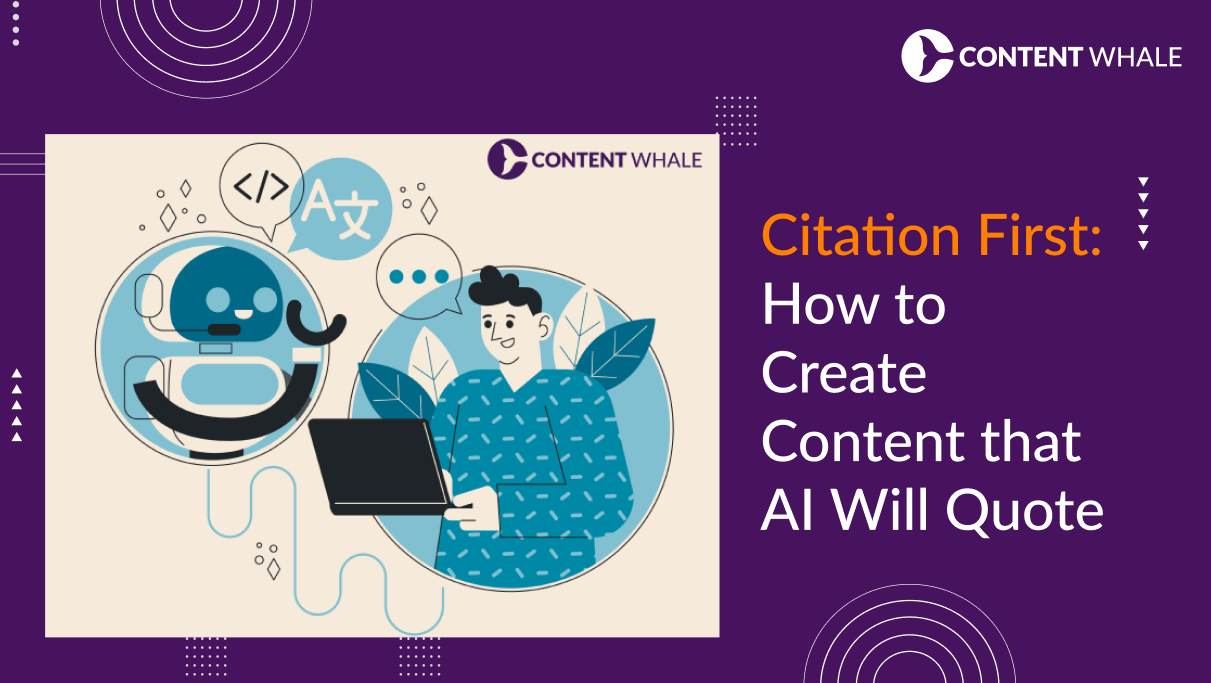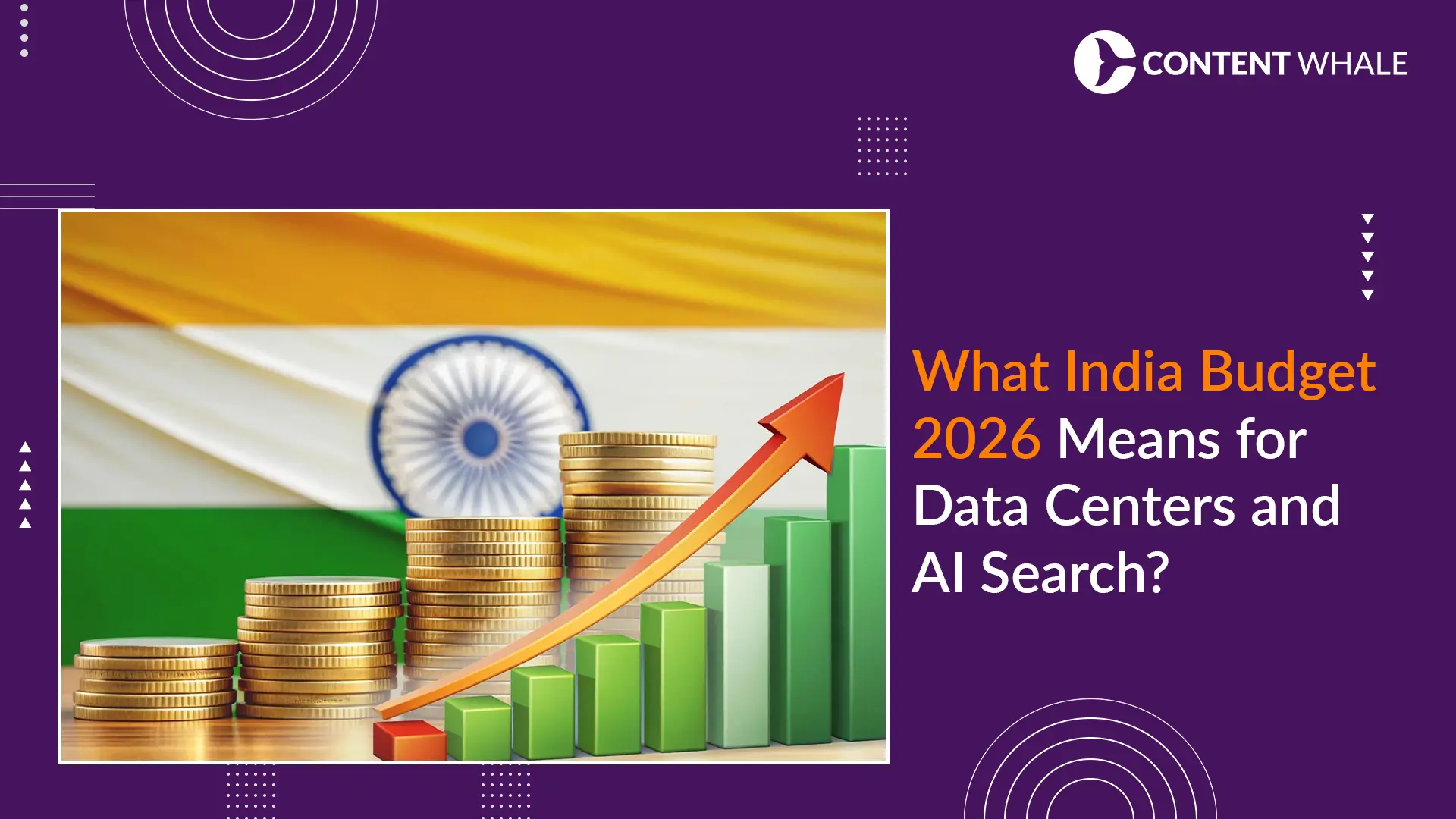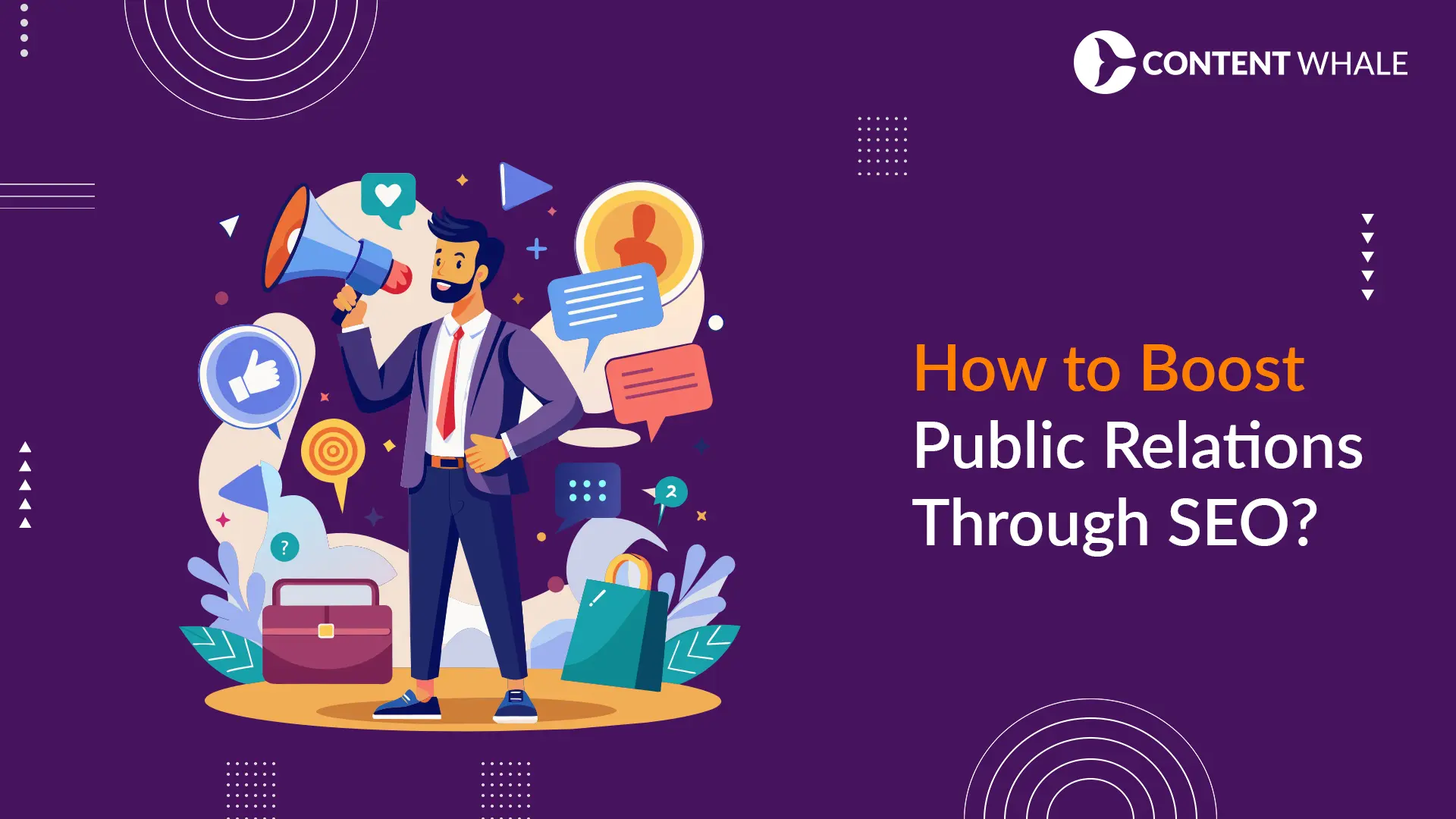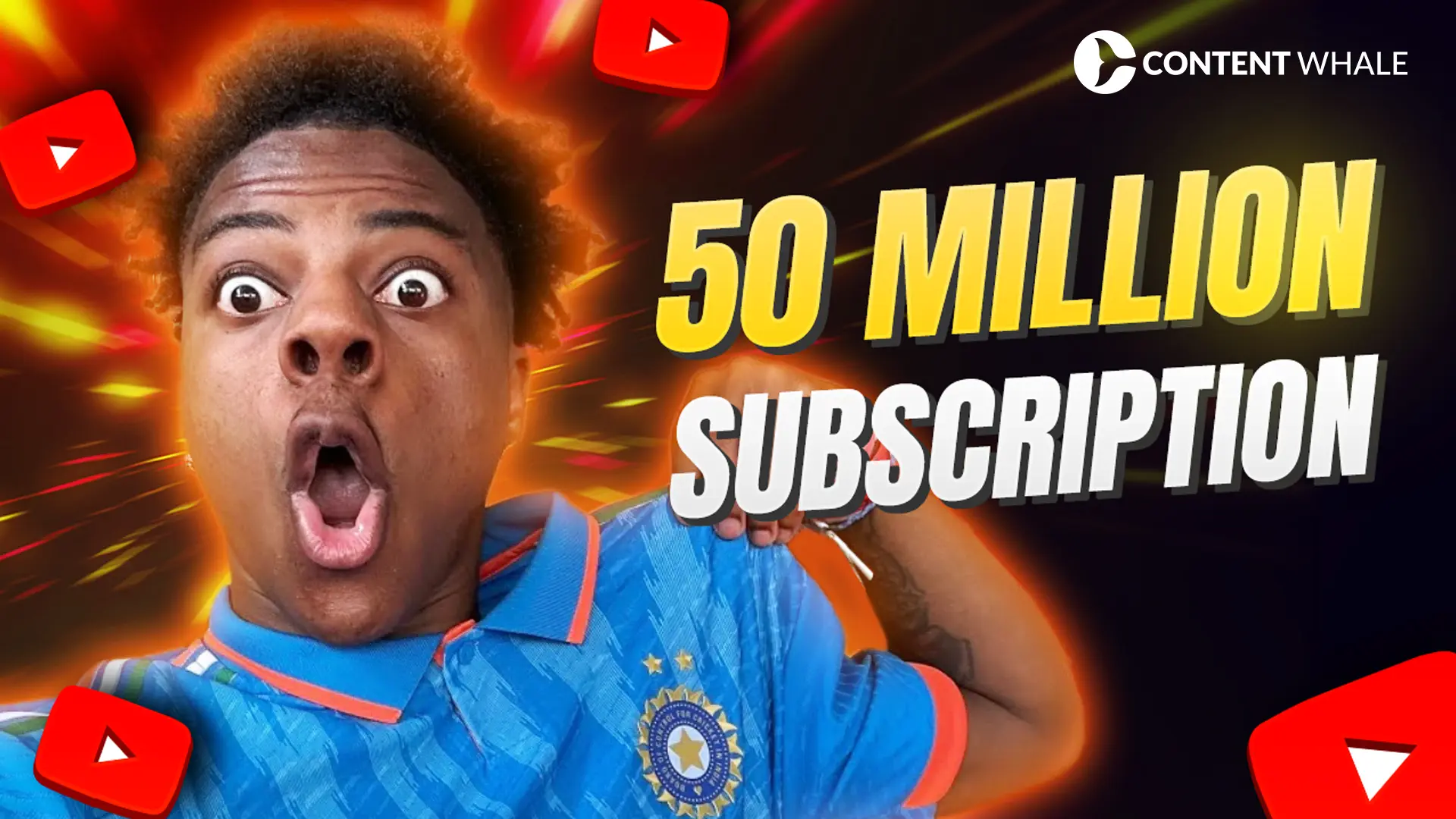Your competitor just got quoted by ChatGPT. You didn’t. While you’re optimizing for Google rankings, AI search engines are rewriting the visibility game entirely. A recent study tracking 768,000 AI citations reveals a brutal truth: product content claims 46% to 70% of all citations, while traditional blog posts struggle at 3-6%.
Here’s what stings more: 26% of brands have zero mentions in AI Overviews, while the top 50 domains hoard 28.9% of all citations. Semrush predicts LLM traffic will overtake traditional Google search by end of 2027 (Source).
AI search visitors already convert 4.4x better than traditional search users, and 82.5% of AI citations link to deeply nested pages, not homepages. ChatGPT reached 800 million users by August 2025. If AI platforms aren’t quoting your content, you’re invisible to the future of search. This guide explains exactly how to create content optimization strategies that earn AI citations, master generative engine optimization tactics, and dominate AI-powered search results before your competitors do.
Understanding How AI Citations Work in 2025
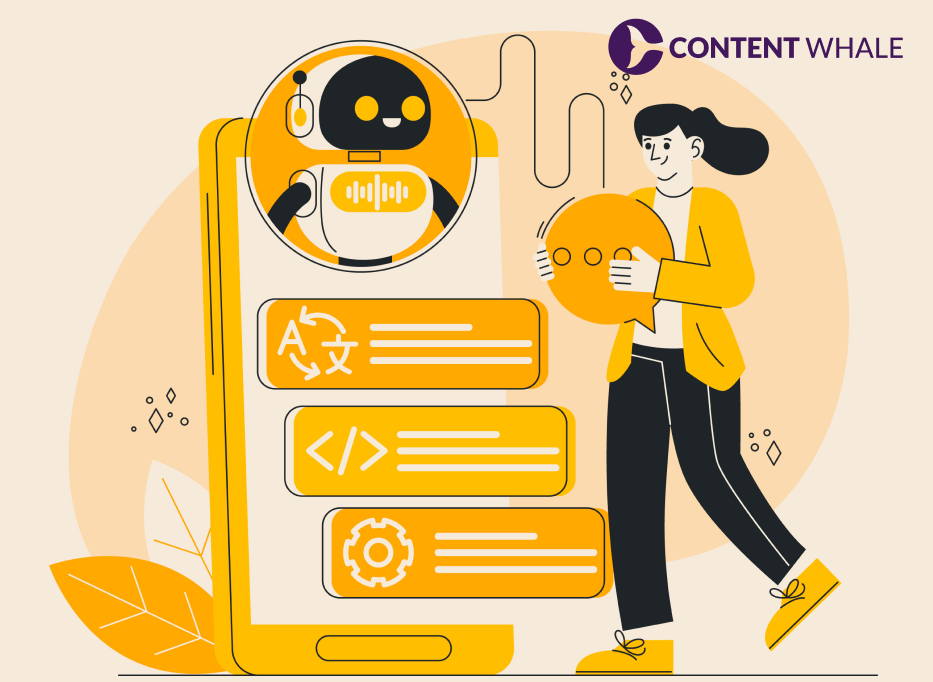
The Difference Between Mentions and AI Citations
Explain mentions (brand explicitly referenced) versus citations (content used with source link) cover how both drive revenue through different pathways. The two types of AI content sourcing are training data and real time retrieval augmented generation.
Which Content Types Earn the Most AI Citations?
Breaking down a recent study findings: product content 46-70%, news and research 5-16%, user reviews 3-10%, blog content 3-6%, PR materials under 2% explains why product specs, comparisons, and vendor details win citations consistently (Source).
Content Optimization by Buyer Journey Stage
Top of Funnel Strategies for AI Citations
Product content leads at 56% even for awareness stage, challenging traditional education-first approaches including news (13-15%) and research content strategies.
Middle and Bottom Funnel Content Optimization
Middle funnel: product citations 46%, user reviews and affiliate content 14% each.
Bottom funnel: product content peaks at 70%+ citations. All other content types usually fall below 10%.
Platform Specific AI Citations Strategies
ChatGPT Content Optimization Requirements
Wikipedia dominance at 27% citations, reputable news like Reuters (6%), Financial Times (3%). News 27%, blogs 21%, comparison portals 17% results in virtually zero user generated content. Therefore, focus on authoritative, reference style materials and neutral documentation.
Google AI Overviews and Perplexity Citation Patterns
Perplexity ranks blogs 38%, news 23%, product blogs 7%, expert reviews 9% incorporates some user generated content, whereas, Google AI Overviews ranks blog articles 46%, news 20%, community content 4%, Reddit 5.5%. LinkedIn articles rank fourth most cited source and Reddit single most cited site overall.
Generative Engine Optimization Fundamentals
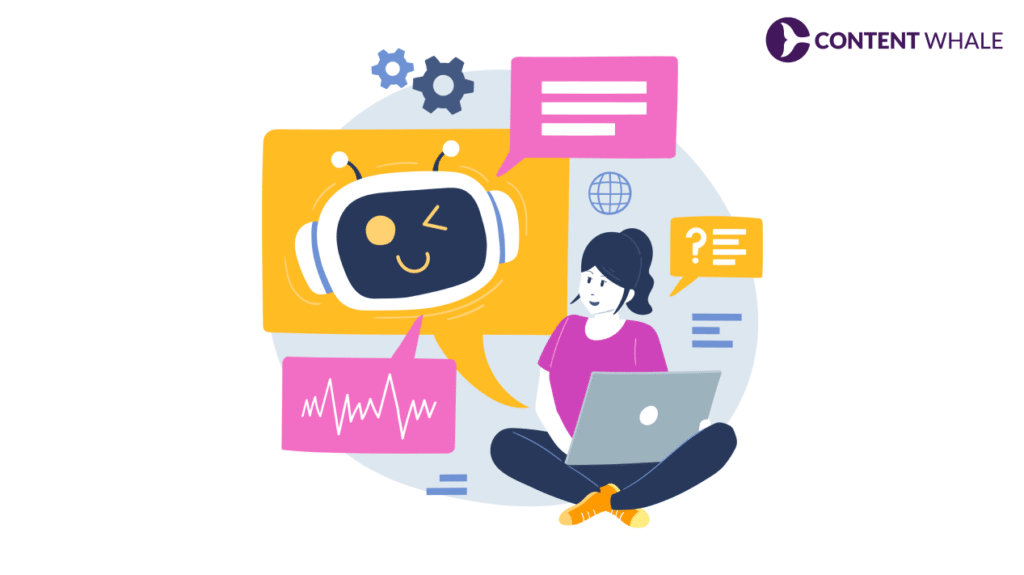
Expanding Your Semantic Footprint for AI Citations
Cover topic clusters, related entities, and adjacent questions beyond single keyword pages. Explain query fan-out and how AI expands queries into multiple variations. Try to build broader semantic coverage for more citation opportunities.
Increasing Fact Density Through Content Optimization
Add statistics, citations, unique insights, and verifiable claims. Also, include source citations linking to studies and experts and use specific, up to date statements versus vague generalities. This boosts authorship and credentials for E-E-A-T signals.
Structured Data and Schema Markup
Implement FAQ schema for Q&A content, product schema for product pages, author and organization schema for entity salience. Test with Google Rich Results Test and remove ambiguity for AI parsing.
Allow AI Crawlers Access
Whitelist GPTBot, GoogleOther, Google Extended, bingbot, ClaudeBot/Claude-User, CCBot, PerplexityBot. Avoid blocking with firewalls or bot filters. Use server side rendering for essential content and avoid no-index and no-snippet on valuable content.
Content Freshness and Update Strategies
- Update important pages every 3-6 months with new data, expanded sections, and visible “last updated” dates.
- AI search platforms prefer content 25.7% fresher than traditional organic results.
- Add 2-3 new statistics, recent case studies, updated examples.
- Replace outdated information and rewrite weak sections.
- Include seasonal relevance and “(Updated Month Year)” in titles.
B2B vs B2C Content Optimization Differences
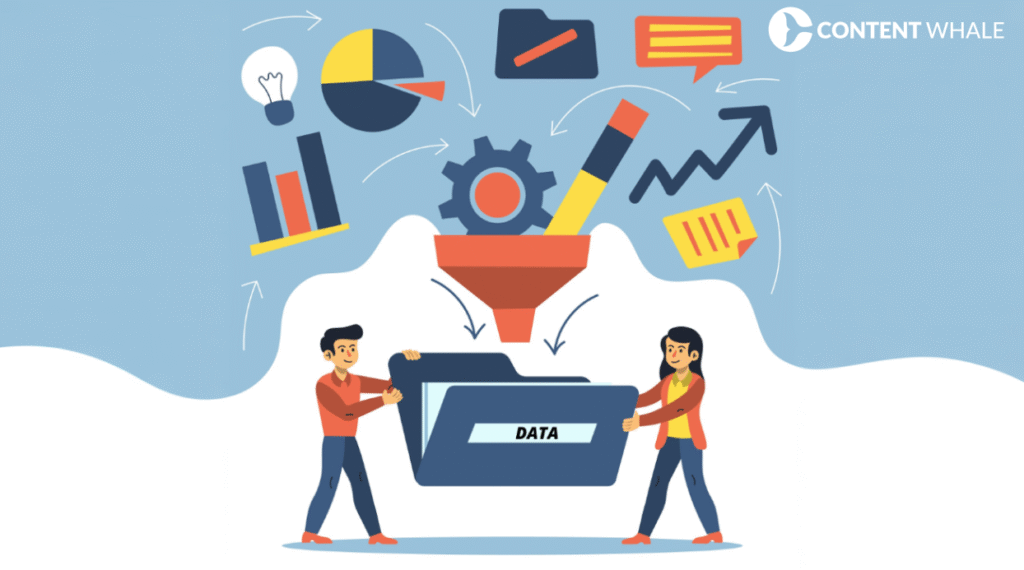
B2B AI Citations Strategy
Product pages from company websites make up 56% of citations, so include affiliate content (13%) and user reviews (11%). Focus on industry publications, directories, analyst reports, and LinkedIn expert content, most importantly, prioritize detailed, authoritative product information.
B2C Content Optimization Approach
Product content drops to 35% of citations with more variety, the subsequent ranking are affiliate content (18%), user reviews (15%), news (15%) see higher numbers. Encourage quality third party reviews and build presence on authority niche sites and review platforms.
Community and Authority Building for AI Citations
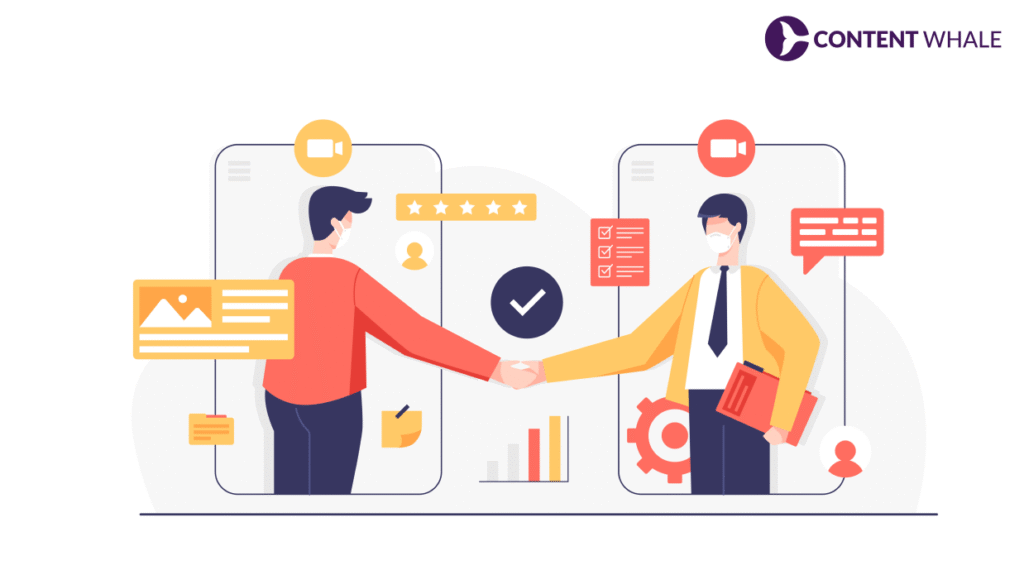
Wikipedia and Knowledge Panel Optimization
Build strong, accurate Wikipedia presence for brand credibility and ensure proper Google Knowledge Panel setup, these reinforce authority especially for ChatGPT citations.
Forum and Community Engagement
Participate authentically in Reddit, Quora, and industry specific forums. Google engines heavily cite community content, therefore use clear, searchable language in educational threads and multi post insights.
Measuring and Monitoring Your AI Citations Performance
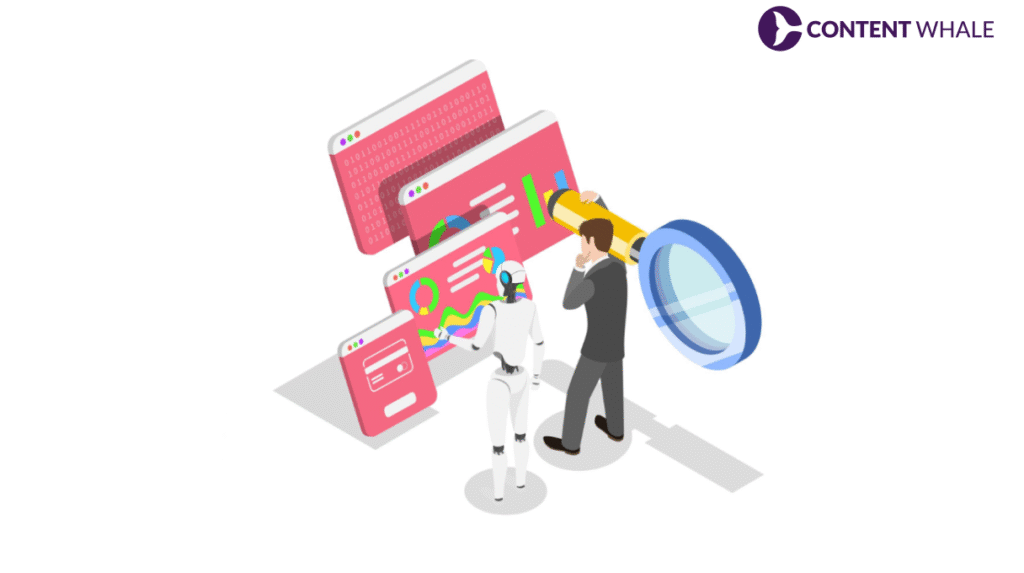
Essential Metrics for Tracking AI Citations
Track citation velocity through specialized tools monitoring brand mentions across ChatGPT, Perplexity, Gemini, and Google AI Overviews. Citation velocity measures how quickly your content gets cited after publication or updates. Monitor mention frequency (how often your brand appears), citation position (placement within AI responses), and sentiment analysis (positive, neutral, or negative context). Track share of voice compared to competitors and measure which content formats drive the most citations.
Testing and Analysis Framework
Run 5-6 relevant prompts in incognito mode across all major AI platforms to avoid personalized results. Log which sites and pages get cited most often, looking for patterns in content types, freshness signals, domain authority factors, and structural elements. Track changes over time using tools that alert you when pages lose citations so you know exactly what to refresh. Monitor AI driven traffic behavior including visited pages, engagement metrics, time on site, and conversion rates compared to traditional search traffic.
AI Citation Monitoring Tools Comparison
| Tool | Key Features | Platforms Tracked | Best For |
| Writesonic | Real-time citation tracking, prompt testing, AI search volumes, content gap analysis | ChatGPT, Perplexity, Gemini, AI Overviews | Comprehensive monitoring and actionable insights |
| Profound | Brand sentiment analysis, competitive share of voice, custom reports | ChatGPT, Google AI, Perplexity | Enterprise brand visibility tracking |
| Conductor | Citation velocity monitoring, 24/7 crawler activity tracking, content performance alerts | Multiple AI platforms | Large site technical monitoring |
| Semrush AI Toolkit | Brand perception analysis, competitor comparison, traffic behavior tracking | ChatGPT, Perplexity, Gemini | Integrated SEO and GEO analysis |
| Manual Testing | Incognito prompt testing, pattern logging, free approach | All platforms manually | Budget-conscious startups and small businesses |
Key Performance Indicators to Monitor
Focus on five core KPIs: citation frequency (mentions per week), citation quality (position and context within responses), traffic conversion rates from AI sources, brand sentiment scores across platforms, and competitive citation share. Set baseline measurements, then track monthly improvements.
Successful optimization shows increasing citation frequency, improved positioning within responses, and higher conversion rates from AI traffic compared to traditional search referrals.
How Content Whale Can Help?
Content Whale specializes in creating citation worthy content that AI search engines trust and quote. Our team implements comprehensive generative engine optimization strategies including semantic footprint expansion, fact density enhancement, and structured data implementation. We optimize content for all major AI platforms including ChatGPT, Perplexity, and Google AI Overviews.
Our experts handle presence building, community engagement strategies, and authority signal development. We monitor citation velocity, track competitor mentions, and refine content based on AI visibility data.
Conclusion
Earning AI citations requires strategic content optimization focused on product details, factual authority, and platform specific approaches. According to 768,000 citation product content dominates with 46-70% of citations while traditional blogs struggle at 3-6%. Highlight the importance of fact density, structured data, and content freshness for citation success.
Ready to earn AI citations and capture high converting AI search traffic? Contact Content Whale to start optimizing your content with citation first strategies today.
FAQs
What are AI citations and why do they matter for content marketing?
AI citations occur when ChatGPT, Perplexity, or Google AI Overviews reference your content in responses. They matter because AI search visitors convert 4.4x more than traditional users, directly impacting revenue and visibility.
Which AI platforms should I optimize my content for in 2025?
Optimize for ChatGPT (800 million users), Google AI Overviews (54.61% of searches), Perplexity (22 million users), and Gemini. Each platform has distinct preferences: ChatGPT favors Wikipedia, Google cites Reddit and blogs.
What content types receive the most AI citations?
Product content dominates with 46-70% of AI citations, including specifications and comparisons. News earns 5-16%, user reviews 3-10%, blogs 3-6%, and PR materials under 2%, based on 768,000 citation analysis.
How often should I update content to maintain AI citations?
Update pages every 3-6 months since AI prefers content 25.7% fresher than traditional results. Add new statistics, case studies, and “(Updated Month Year)” in titles with visible last modified dates.
What is the difference between SEO and generative engine optimization?
SEO optimizes for ranking in search pages through keywords and backlinks. Generative engine optimization focuses on citations within AI-generated answers through semantic expansion, fact density, and structured data implementation.
How do I measure if my content is getting AI citations?
Use tools like Writesonic, Profound, or Conductor to monitor mentions across platforms. Run test prompts in incognito mode, track citation velocity, mention frequency, sentiment analysis, and position within AI responses.
